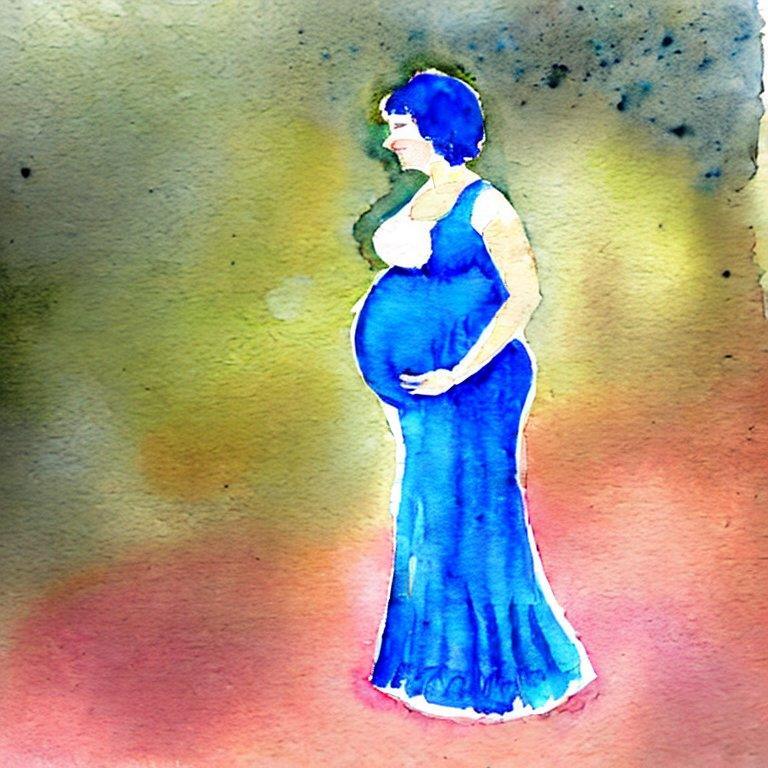In recent years, more and more women have been choosing to have children later in life, either for personal or professional reasons. While it is becoming increasingly common for women to have children in their 30s or even their 40s, there are certain risks associated with having a baby later in life. In this article, we'll explore these risks, discuss the factors to consider when deciding whether to have a baby later in life, and answer some of the most frequently asked questions about having a baby later in life.
Factors to Consider
There are several factors to consider when deciding whether to have a baby later in life, including:
Fertility
As women age, their fertility naturally declines. By the age of 35, a woman's fertility begins to decline more rapidly, and by the age of 40, her chances of getting pregnant naturally are significantly reduced. However, with advances in reproductive technology, many women are able to conceive later in life through procedures such as in vitro fertilization (IVF).
Health Risks
Pregnancy later in life can increase the risk of certain health problems, such as gestational diabetes, high blood pressure, and pre-eclampsia. Women who become pregnant later in life may also be at greater risk for complications during labor and delivery, and their babies may be at greater risk for birth defects and other health problems.
Personal and Professional Considerations
For many women, personal and professional considerations play a significant role in the decision to have a baby later in life. Women who delay having children may be better able to focus on their careers or other personal goals, and may also be better prepared financially and emotionally to raise a child.
Risks Associated with Having a Baby Later in Life
While many women are able to have healthy pregnancies and babies later in life, there are certain risks associated with pregnancy and childbirth after the age of 35, including:
Increased Risk of Complications
Women who become pregnant later in life are at greater risk for complications during pregnancy, labor, and delivery. This includes an increased risk of pre-eclampsia, gestational diabetes, high blood pressure, and other health problems.
Increased Risk of Birth Defects
As women age, the risk of certain birth defects in their babies also increases. This includes chromosomal abnormalities such as Down syndrome, as well as other birth defects such as congenital heart defects.
Increased Risk of Miscarriage
The risk of miscarriage also increases as women age. By the age of 40, the risk of miscarriage is around 40%, compared to just 15% for women in their 20s.
Increased Risk of Stillbirth
Women who become pregnant later in life are also at greater risk for stillbirth, which occurs when a baby dies in the womb after the 20th week of pregnancy.










